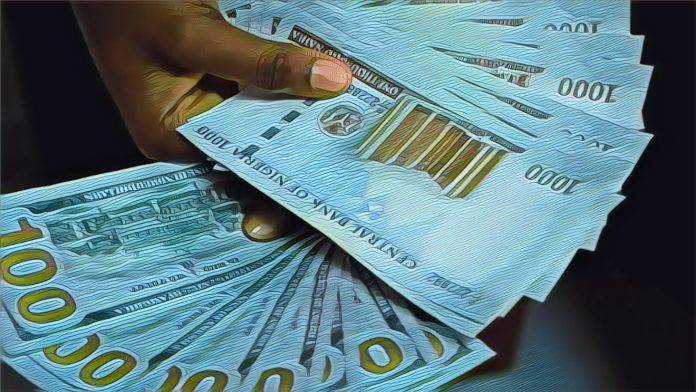Nigeria, Africa’s largest economy, is facing a severe foreign exchange crisis as its external reserves have fallen to their lowest level since 2017. According to data from the Central Bank of Nigeria (CBN), the country’s foreign reserves declined by $520.22 million in five weeks, from $33.396 billion on October 31, 2023, to $33.004 billion on December 7, 2023.
The drop in reserves is mainly attributed to the low crude oil output and prices, which account for about 90% of Nigeria’s export earnings and 60% of its government revenue. Nigeria’s oil production has been hampered by security challenges, pipeline vandalism, and compliance with the OPEC+ output cuts. The Brent crude oil price, which Nigeria uses as a benchmark, averaged $75.68 per barrel in November, down from $83.34 in October.
The foreign exchange crisis has increased the cost of living and doing business in Nigeria, as many goods and services are imported or depend on imported inputs. The inflation rate rose to 18.1% in October, the highest in four years, while the unemployment rate stood at 33.3% in the second quarter of 2023, the second-highest in the world.
The CBN has tried to ease the pressure on the reserves by restricting access to foreign exchange for some items, rationing the supply of dollars to banks and bureaux de change, and encouraging the use of alternative sources of foreign exchange, such as diaspora remittances and export proceeds. However, these measures have not been enough to meet the huge demand for foreign exchange in the country.
Some analysts have called for more reforms to boost the production and diversification of the economy, reduce the dependence on oil, and attract more foreign investment. They have also urged the government to reduce its fiscal deficits and debt servicing costs, which have increased the pressure on the reserves.
The CBN governor, Olayemi Cardoso, has expressed optimism that the economy will improve in the medium term, as some of the government’s policies, such as the removal of fuel subsidies and the adoption of a floating exchange rate, are expected to enhance investor confidence, attract capital inflows, stimulate domestic investment, and ultimately improve the level of external reserves.
Nigeria’s economy grew by 4.03% year-on-year in the third quarter of 2023, recovering from two consecutive quarters of contraction in 2022. The growth was driven by the non-oil sector, which expanded by 6.45%, while the oil sector contracted by 12.65%. The International Monetary Fund (IMF) has projected that Nigeria’s economy will grow by 2.6% in 2023, while the World Bank has forecast a growth of 2.8%.
Source: This Day Live



